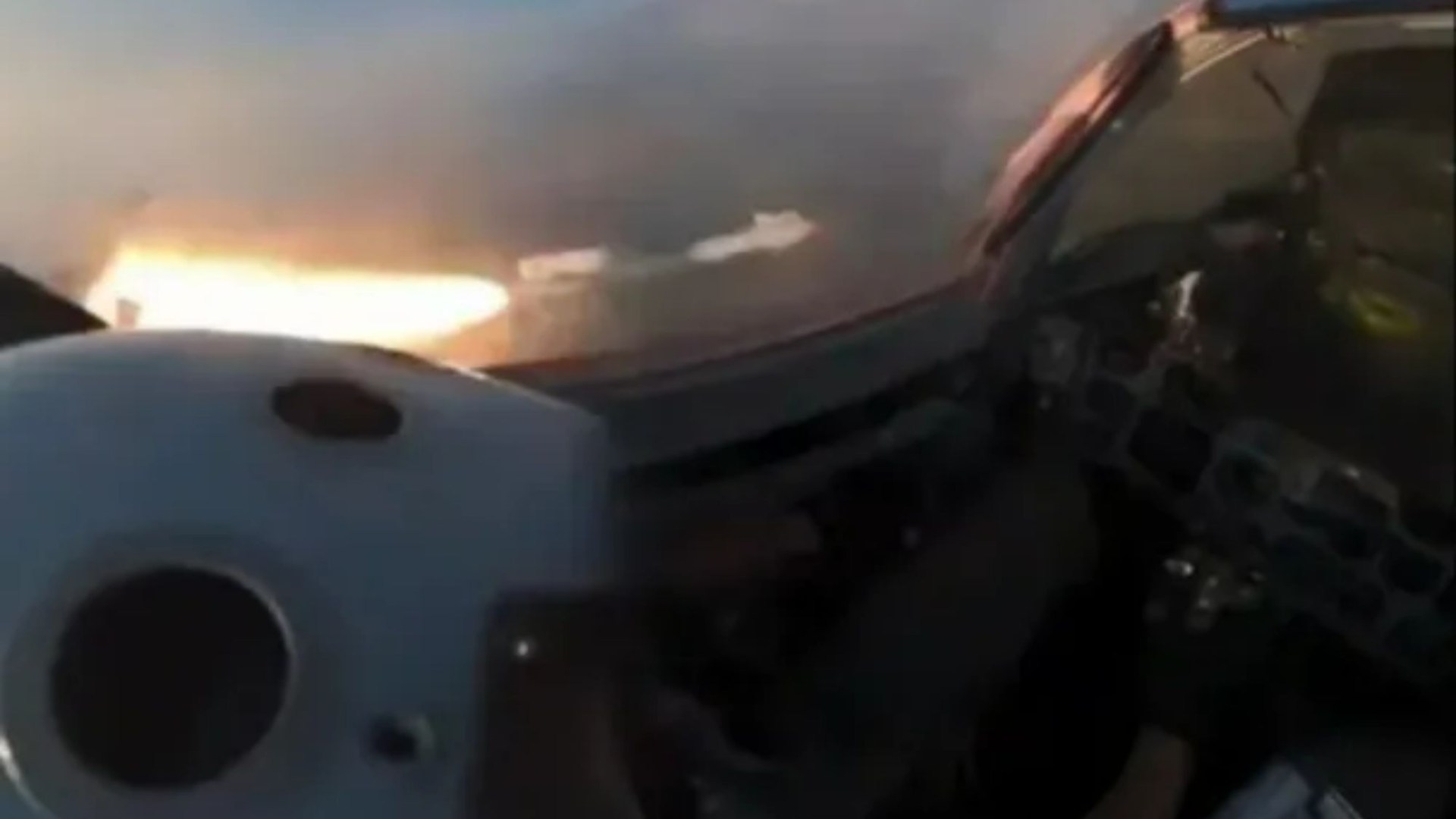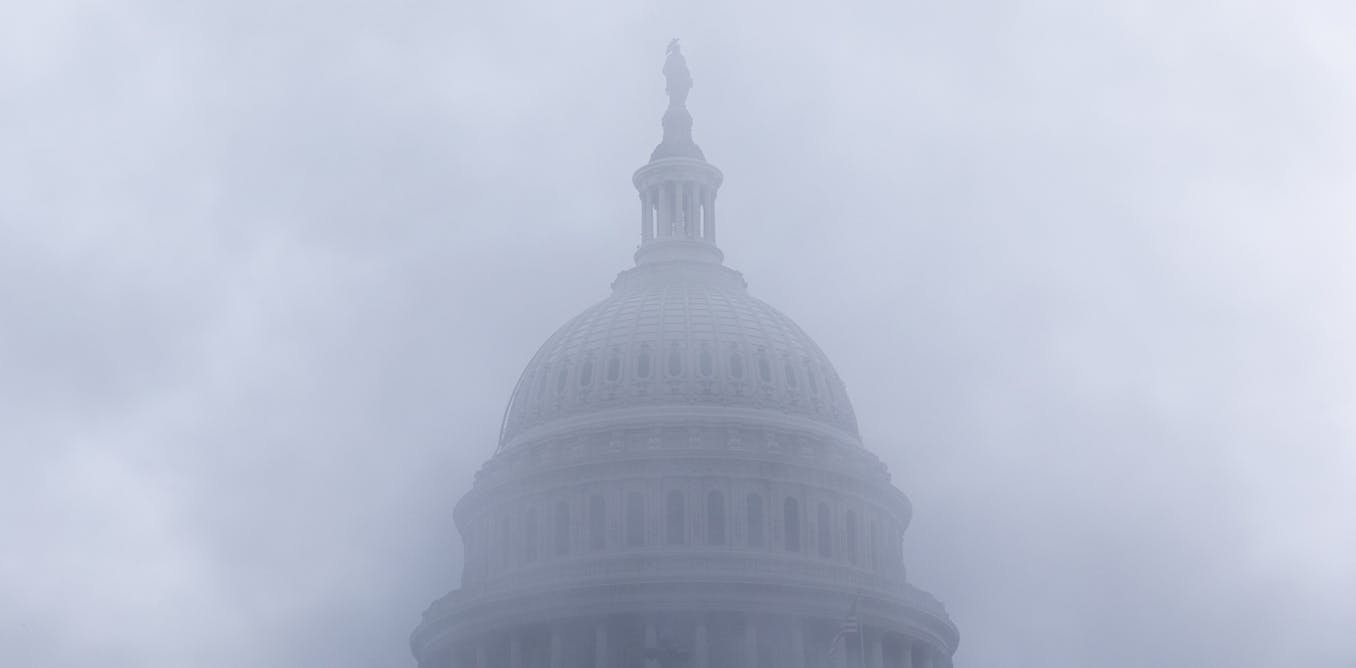BY Jerome Starkey, Defence Editor in Russia
The Sun stepped into sovereign Russia – despite Kremlin threats to kill or convict us – to speak to ordinary Russians left stranded by their soldiers’ humiliating retreat.
Bomb blasts echoed over ruined buildings as Olga, 23, a taxi cab dispatcher, said: “I didn’t think about the war at all. I was just working constantly.
“Home, job, home. I didn’t think about anything beyond my personal life.”
All that changed on August 6 when Ukraine launched a surprise attack from neighbouring Sumy province and captured 1,300 square kilometres in Russia’s worst defeat on home soil since the end of World War Two.
Ukraine’s President Zelensky claimed the blitz was part of a master plan to help end the war.
Bomb blasts echoed over ruined buildings as Olga, 23, a taxi cab dispatcher, said: “I didn’t think about the war at all. I was just working constantly.
“Home, job, home. I didn’t think about anything beyond my personal life.”
All that changed on August 6 when Ukraine launched a surprise attack from neighbouring Sumy province and captured 1,300 square kilometres in Russia’s worst defeat on home soil since the end of World War Two.
Ukraine’s President Zelensky claimed the blitz was part of a master plan to help end the war.
And he stressed that ordinary Russians must “feel” the effects of the war unleashed by tyrant Putin.
Olga said her mother and brother fled their hometown of Sudzha, the largest Russian town now under Ukrainian control.
But Olga was cut off by fighting and unable to cross town to reach them before they escaped.
We met her in a temporary shelter where Ukrainian troops were providing food and beds for civilians left behind.
She added: “I stayed because I couldn’t leave. There was no evacuation.”
A statue of Lenin in Sudzha’s main square had been severely maimed – only part of his trunk appeared to remain on the pedestal.
Behind it, the town hall’s grand facade lay shattered by artillery holes.
A blue and yellow Ukrainian flag fluttered from a makeshift flagpole.
Graffiti on the cobbles mocked Russia’s defenders for fleeing.
It said: “Russians, learn how to fight. Your conscripts are rotting in forests.”
The Russian soldiers defending Sudzha were a mixture of border guards, conscripts and Chechens from the Akhmat battalion.
One of the Sudzha’s residents cursed them for fleeing so quickly
They said: “Our defence was so bad. There weren’t any soldiers. That’s why we are here.”
Around 600 civilians still live in Sudzha from a pre-war population of 5,000, Ukrainian soldiers estimated.
They said it was hard to tell precisely as many were sheltering underground.
While we were there a man came in who had spent the last three weeks in a cellar.
The troops said it was the first time they had seen him.
Pensioner Valentina, 76, another resident in the shelter, said she had tried to forget the war since she moved to Sudzha five years ago – from Donetsk in eastern Ukraine.
She left to escape the fighting that was unleashed in 2014 when Russian-backed separatists broke away from Kyiv’s control.
Speaking from her dormitory bed, she said: “I never thought this war would be so big that it would come to such a little place like this.
“What is there to fight for here?”
Russian tyrant Vladimir Putin said Ukraine wanted Russian territory to use as a bargaining chip in any future peace talks.
Kyiv claimed the land was a buffer zone to limit Russian attacks.
Zelensky has also stressed the importance of capturing 600 prisoners of war to swap for captured Ukrainians.
The assault has boosted morale in Ukraine and changed the narrative of the conflict after months of grinding losses in eastern Donbas.




